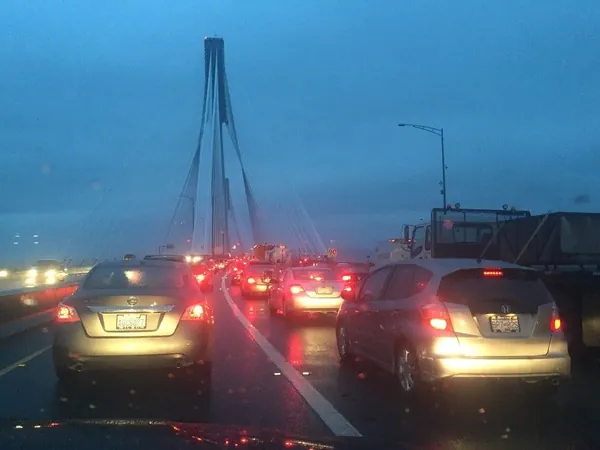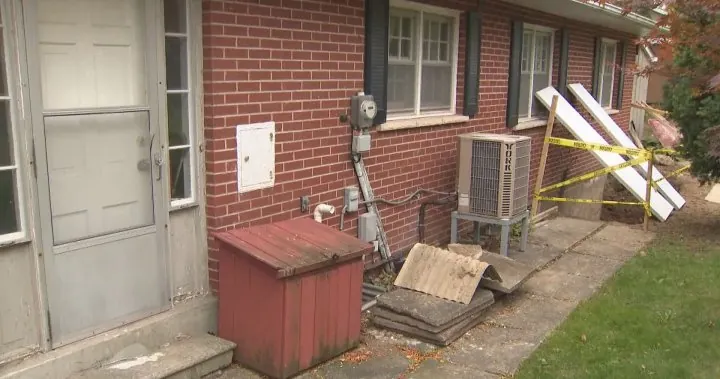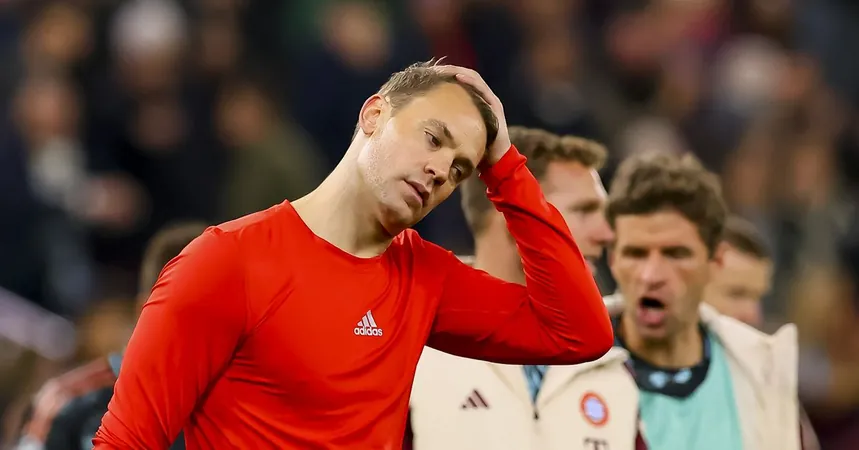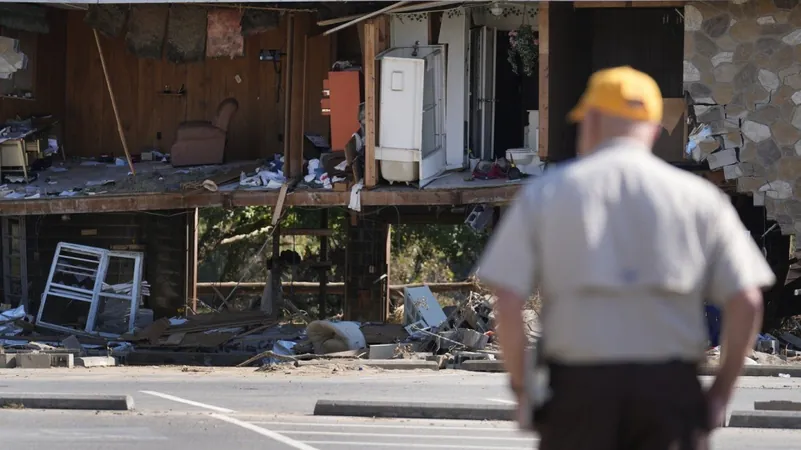
B.C. Election Race Heats Up: Conservative and NDP Leaders Clash Over Bold Transportation Promises
2024-10-03
In a dramatic kickoff to the B.C. election campaign, Conservative Leader John Rustad and NDP Leader David Eby presented competing visions for transportation in the province, both aiming to capture voters' attention with ambitious infrastructure promises.
On Thursday, Rustad unveiled a comprehensive plan to “get B.C. moving,” which includes notable projects like expanding Highway 1 to six lanes all the way to Chilliwack, extending the SkyTrain to Newton in Surrey, and upgrading the Pattullo Bridge replacement to six lanes. His initiatives aim to alleviate traffic bottlenecks and improve access to the Fraser Valley.
Meanwhile, Eby introduced his party’s platform from Surrey, echoing similar calls for transportation improvements but with a distinct focus. His agenda features the completion of the Broadway Subway extension to the University of British Columbia, new rapid transit connections for the North Shore, and increased commuter rail services in the Fraser Valley.
Although both leaders announced their transportation proposals with enthusiasm, neither specified the costs or timelines associated with these ambitious projects. Fraser Valley political scientist Hamish Telford highlighted that funding for such developments is likely to run into the billions. He referenced ongoing projects, like the $2.83 billion Broadway subway expansion, which has experienced a two-year delay and is now set for completion in 2027. Similarly, the SkyTrain's Surrey extension has been pushed back, with costs ballooning to $6 billion.
As elections draw closer, Telford noted that both parties seem to be targeting the concerns of voters in suburban areas. While the Conservatives are likely appealing to older, family-oriented voters, the NDP is working to connect with younger families.
Rustad accused the NDP government of neglecting infrastructure over the past seven years, leading to the current transportation issues. His platform also promises to tackle critical areas of concern, including the rebuilding of Highway 1 exits and interchanges, the replacement of the aging Ironworkers Memorial Bridge to the North Shore, and a rapid resolution for the George Massey Tunnel, although specifics on its replacement remain undisclosed.
On the other side, Eby stressed that the NDP’s commitments extend to enhancing transit throughout the region via TransLink and its Mayors’ Council’s “access for everyone plan.” Notably, Eby pledged to extend enhancements to commutes, thereby facilitating smoother travel for both residents and visitors alike.
The race has spurred a strong reaction from the Mayors’ Council, which urged political leaders to prioritize public transit investment. Brad West, the council chair, emphasized that public demand for transit improvements has become evident, revealing a growing consensus on the issue among voters.
Breaking ground in the transportation debate, Green Leader Sonia Furstenau proposed a radical shift by pledging to make transit free across the province, signaling a push towards sustainability and accessibility in transit services before the official campaign had even started.
As both Rustad and Eby prepare for their respective campaigns, Rustad plans to address what he characterized as B.C.'s “public transit crisis” by emphasizing regional transit needs and maintaining adequate funding for TransLink while launching a financial audit aimed at securing a more stable funding model.
Adding to the urgency of the conversation, TransLink has warned that without a new, secure funding model, the agency anticipates a significant financial shortfall starting in 2026, which could lead to drastic cuts in service, including a potential halving of bus routes.
Advocacy groups like SkyTrain for Surrey have expressed strong support for Conservative commitments, particularly around the King George SkyTrain line expansion, while also highlighting the need for more ambitious transit goals across the province.
The tension between the parties' visions for infrastructure and transportation will likely be a pivotal issue as the election date nears, with each party striving to win the trust and votes of the electorate through their promises of a more connected and accessible B.C.









 Brasil (PT)
Brasil (PT)
 Canada (EN)
Canada (EN)
 Chile (ES)
Chile (ES)
 España (ES)
España (ES)
 France (FR)
France (FR)
 Hong Kong (EN)
Hong Kong (EN)
 Italia (IT)
Italia (IT)
 日本 (JA)
日本 (JA)
 Magyarország (HU)
Magyarország (HU)
 Norge (NO)
Norge (NO)
 Polska (PL)
Polska (PL)
 Schweiz (DE)
Schweiz (DE)
 Singapore (EN)
Singapore (EN)
 Sverige (SV)
Sverige (SV)
 Suomi (FI)
Suomi (FI)
 Türkiye (TR)
Türkiye (TR)